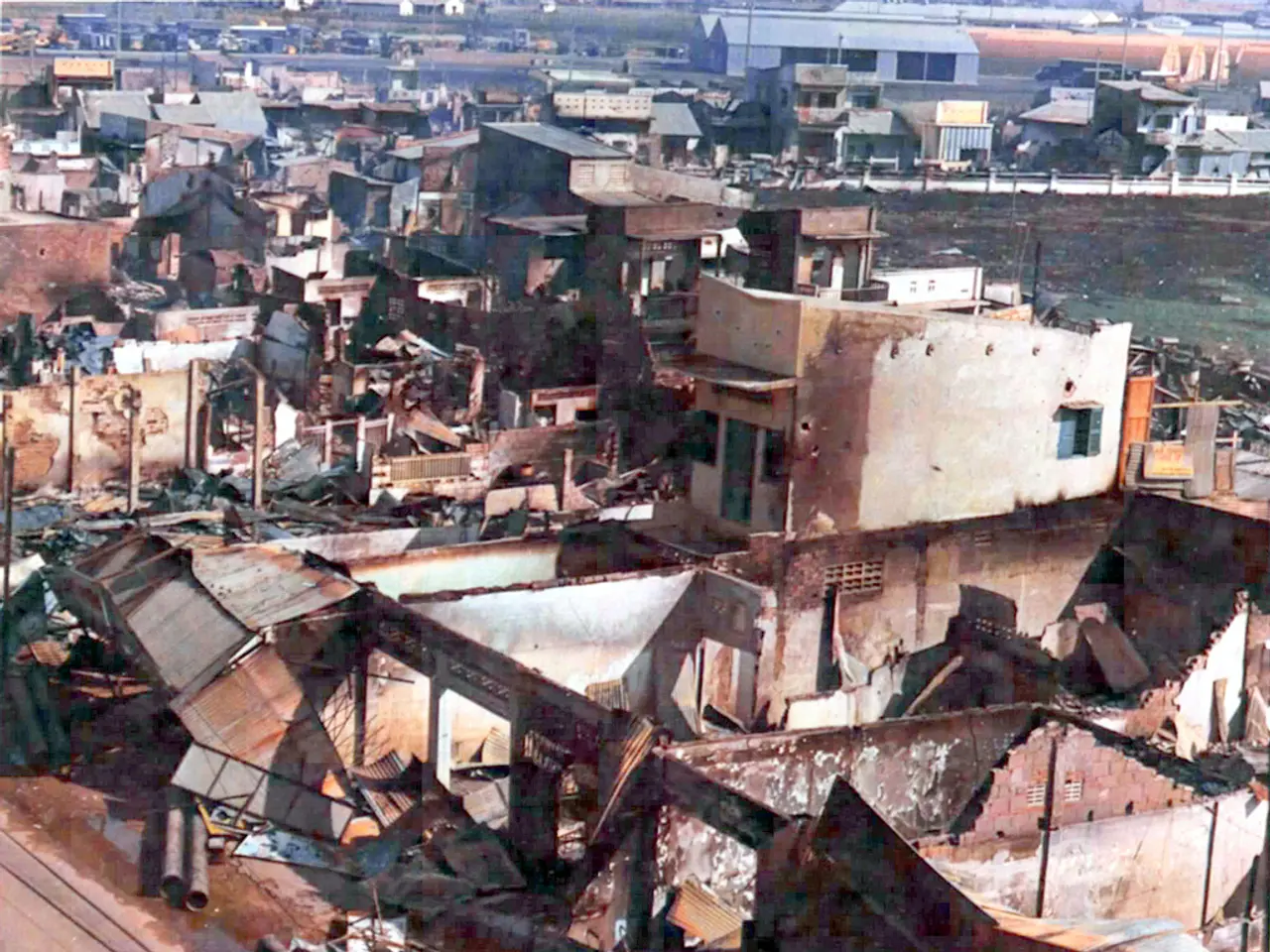Article | The urgent necessity for a United Nations capable of addressing international issues
As the United Nations (UN) marks its 80th anniversary this year, it faces significant challenges in maintaining international peace and security. The organisation, established amid the devastation of the second world war with the primary purpose of preventing such global horrors from recurring, is now grappling with escalating conflicts, financial constraints, and political disagreements.
Key challenges include rising international conflicts and escalation risks, such as tensions between nuclear-armed states like India and Pakistan, and concerns over unilateral military actions that risk worsening conflicts. The UN is also grappling with the growing complexity of conflicts, requiring better early-warning mechanisms to anticipate and prevent violent escalation.
To address these challenges, the UN is undertaking a range of reform and review initiatives aimed at modernising and strengthening its peace and security architecture. A comprehensive review on the future of all UN peace operations is underway, focusing on adapting UN peacekeeping and political missions to meet evolving security needs with more agility and tailored responses.
The ongoing 2025 Review of the UN Peacebuilding Architecture seeks to enhance the complementarity between peacebuilding and peacekeeping, reinforcing preventive and sustained peace efforts. The Security Council is promoting multilateralism and peaceful resolution of disputes, including holding high-level debates to encourage dialogue and diplomacy rather than unilateral military actions.
Member states such as Pakistan, Denmark, and South Korea are actively cooperating through initiatives like the "Peacekeeping Trio" to promote innovative thinking about the future of UN peace operations and strengthen the overall peace and security framework.
These efforts reflect the UN’s commitment to addressing its structural, political, and financial challenges through institutional reform, enhanced conflict prevention mechanisms, and improved synergy across peace-related bodies. However, the success of these reforms depends greatly on member states' political will and adequate financial support.
The UN's success in maintaining international peace and security will depend on nations overcoming their differences and working together for the common good, as stated in the UN Charter. Urgent solutions are still required to address the UN's global challenges, including forging peace where there is war, tackling climate change, and combating poverty. The UN aims to achieve peace by implementing collaborative measures to settle disputes peacefully, and the success of its sustainable development goals will depend on these efforts.
- The UN, in its 80th year, strives to tackle not just international conflicts, but also pressing global issues like climate change, as it seeks to fulfill its mission stated in the UN Charter of working together for the common good.
- The escalating complexities of conflicts call for improved environmental-science and general-news awareness, as better early-warning mechanisms could anticipate and prevent violent escalation and help in the prevention of nuclear conflicts like those between India and Pakistan.
- Progress with UN reform efforts includes the 2025 Review of the UN Peacebuilding Architecture, focusing on reinforcing preventive and sustained peace efforts, and the Comprehensive Review on the future of all UN peace operations, aiming to adapt UN peacekeeping and political missions to meet evolving security needs.
- To ensure the UN's success in maintaining international peace and security, member states should prioritize education about environmental-science, diplomacy, and politics, fostering cooperation and political will, and providing adequate financial support for the outlined reforms and sustainable development goals.







